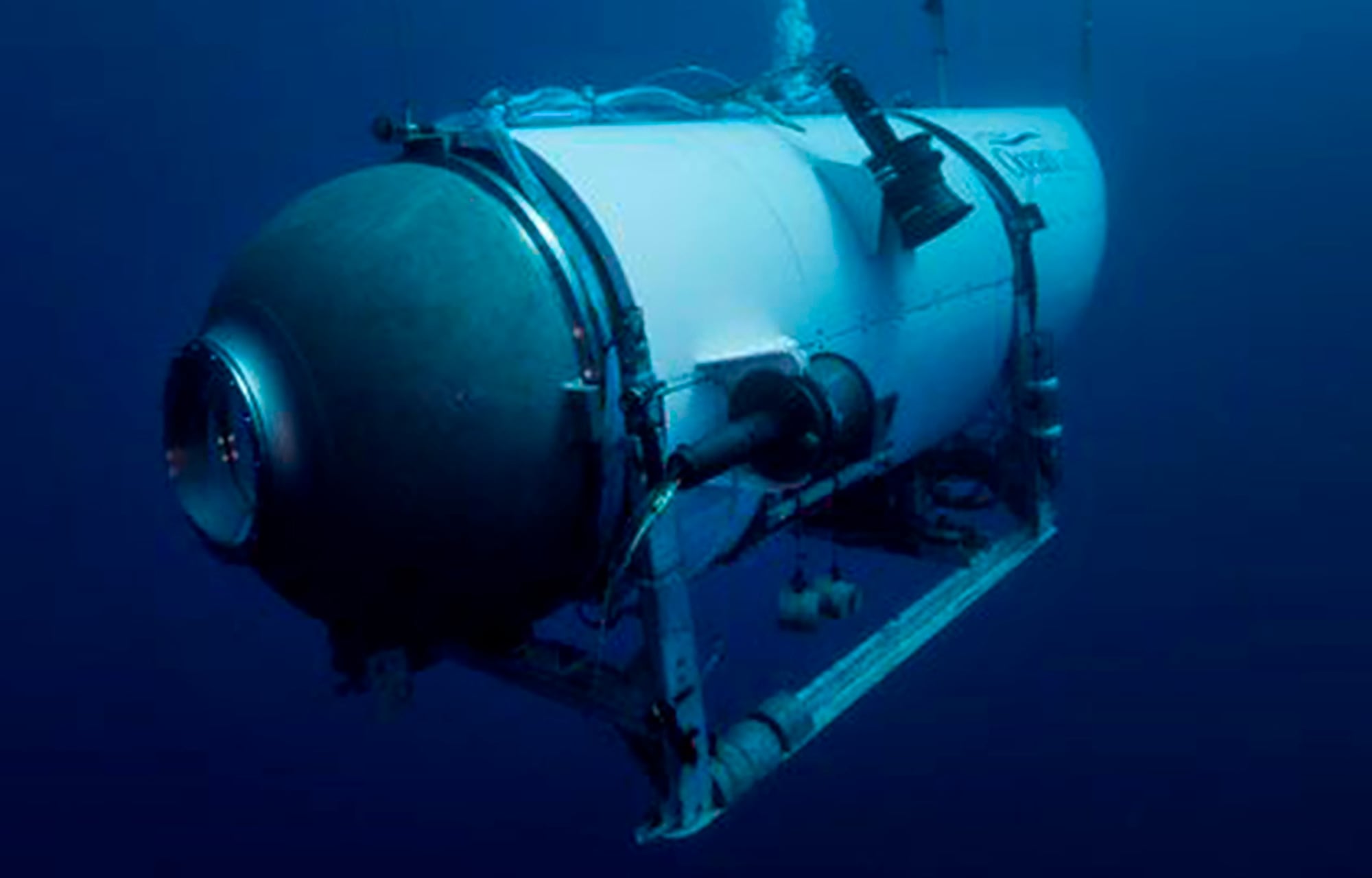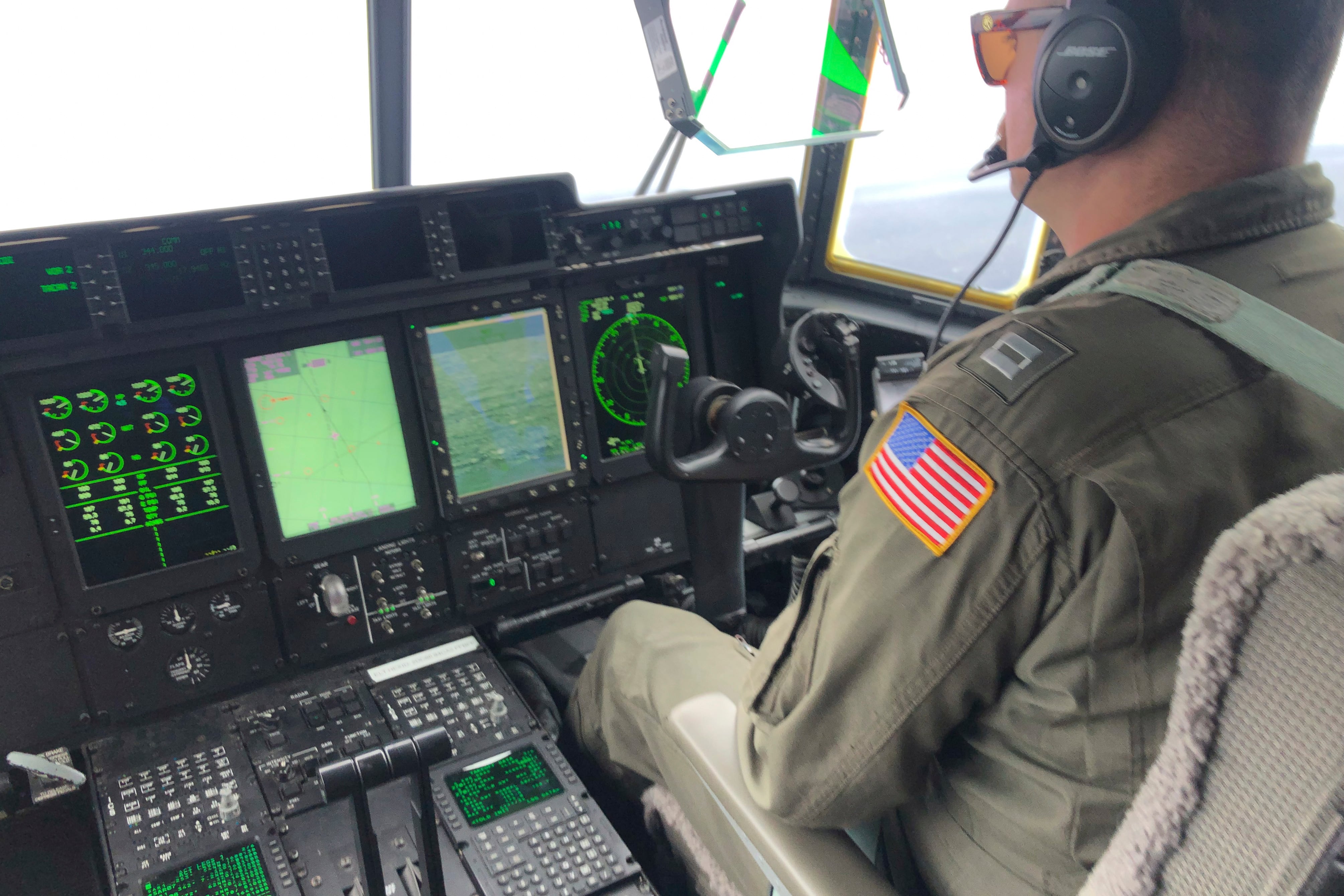PORTLAND, Maine — The cost of the unprecedented search for the missing Titan submersible will easily stretch into the millions of dollars, experts said Friday.
The massive international effort by aircraft, surface ships and deep-sea robots began Sunday when the Titan was reported missing. Searchers raced against a 96-hour clock in the desperate hope to find and rescue the vessel’s occupants before their oxygen supply ran out.
RELATED

But all hope was extinguished Thursday when officials announced the submersible had suffered a catastrophic implosion, killing all five aboard.
A scaled-back search remained in place Friday as the robots — remotely operated vehicles, known as ROVs — continued to scan the sea floor for evidence that might shed light on what occurred in the deep waters of the North Atlantic.
The search area spanned thousands of miles — twice the size of Connecticut and in waters 2 1/2 miles (4 kilometers) deep — with agencies such as the U.S. Coast Guard, the Canadian Coast Guard, U.S. Navy and other agencies and private entities.
There’s no other comparable ocean search, especially with so many countries and even commercial enterprises being involved in recent times, said Norman Polmar, a naval historian, analyst and author based in Virginia.
The aircraft, alone, are expensive to operate, and the Government Accountability Office has put the hourly cost at tens of thousands of dollars. Turboprop P-3 Orion and jet-powered P-8 Poseidon sub hunters, along with C-130 Hercules, were all utilized in the search.

Some agencies can seek reimbursements. But the U.S. Coast Guard — whose bill alone will hit the millions of dollars — is generally prohibited by federal law from collecting reimbursement pertaining to any search or rescue service, said Stephen Koerting, an attorney in Maine who specializes in maritime law.
“The Coast Guard, as a matter of both law and policy, does not seek to recover the costs associated with search and rescue from the recipients of those services,” the Coast Guard said Friday in a statement.
The first priority in search and rescue is always saving a life, and search and rescue agencies budget for such expenses, said Mikki Hastings, president and CEO of the National Association for Search and Rescue.
“In the end, these people were in distress. We know what the ultimate result was. But during the search operation, there are people who are in distress,” she said of the Titan submersible.
Rescue agencies don’t want people in distress to be thinking about the cost of a helicopter or other resources when a life is in danger.
“Every person who is missing – they deserve to be found. That’s the mission regardless of who they are,” she said.





